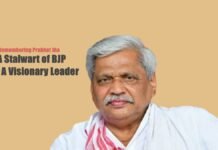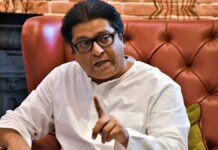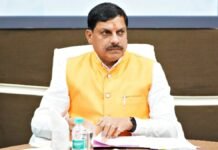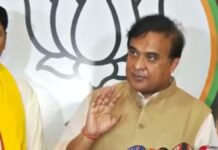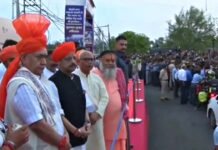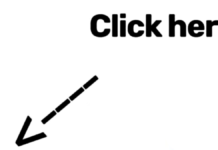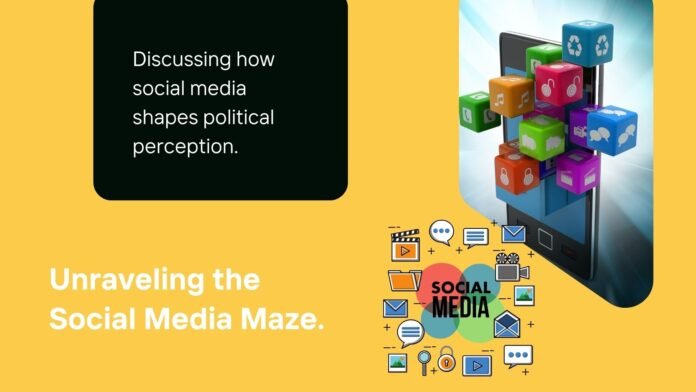
Social media has become an undeniable force in our lives, fundamentally altering how we connect, consume information, and even perceive the world around us. This influence extends powerfully into the realm of politics, shaping our understanding of parties and potentially manipulating our behavior. India is on the verge of parliamentary elections and it is important to know the psychological mechanisms and explore solutions to navigate this complex online landscape.
The Algorithmic Architect: Social media platforms leverage sophisticated algorithms to personalize user experiences. These algorithms track our activity, from posts we like to pages we follow, and curate content that aligns with these interests. This creates echo chambers, where users are primarily exposed to information that reinforces their existing beliefs. Imagine a newsfeed full of content bashing a particular party –– over time, this can solidify negative perceptions, regardless of their factual basis.
The Dopamine Deluge: Social media platforms thrive on engagement. They exploit our brain’s reward system, triggering dopamine release with likes, shares, and comments. This positive reinforcement loop keeps us glued to our screens, but it also prioritizes sensational content, often at the expense of factual accuracy. Political mudslinging and inflammatory rhetoric tend to generate high engagement, further amplifying negativity and distorting the political landscape.
The Comparison Trap: Our carefully curated online personas can paint an unrealistic picture of perfection. Seeing a constant stream of friends seemingly living ideal lives, often politically engaged, can fuel feelings of inadequacy and social pressure. This can lead to adopting specific political stances not out of genuine conviction, but rather to conform to a perceived online norm.
Combating the Narrative Architects
So, how can we navigate this social media minefield and protect ourselves from undue political influence? Here are some practical solutions:
- Media Literacy: Develop a critical eye for the information you consume. Be wary of sensational headlines and emotionally charged content. Seek out diverse viewpoints and fact-check information from reputable sources.
- Curate Your Feed: Don’t be afraid to unfollow or mute accounts that consistently promote negativity or unsubstantiated claims. Actively seek out pages and voices with different perspectives to broaden your understanding.
- Engage with Civility: Social media can be a platform for productive discourse, but avoid getting drawn into online arguments. Focus on respectful communication and strive to understand opposing viewpoints.
- Seek Out In-Person Connections: Complement your online interactions with real-world discussions. Talk to friends, family, and colleagues who hold diverse political views.
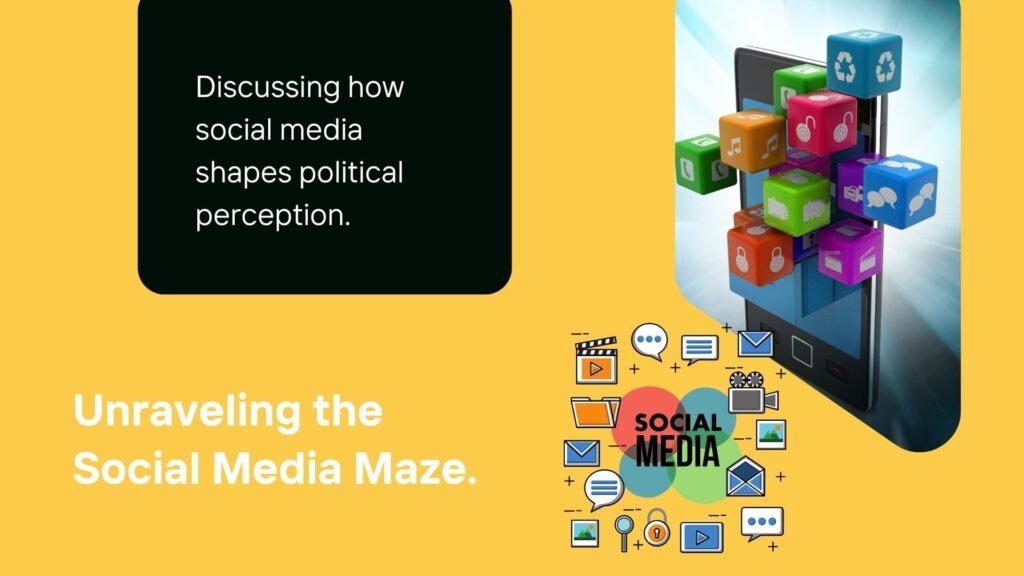
Social media is a powerful tool, but it’s crucial to recognize its potential pitfalls. By adopting a critical approach, diversifying our online diet, and engaging thoughtfully, we can become empowered users, shaping the social media landscape rather than letting it dictate our political narratives.













